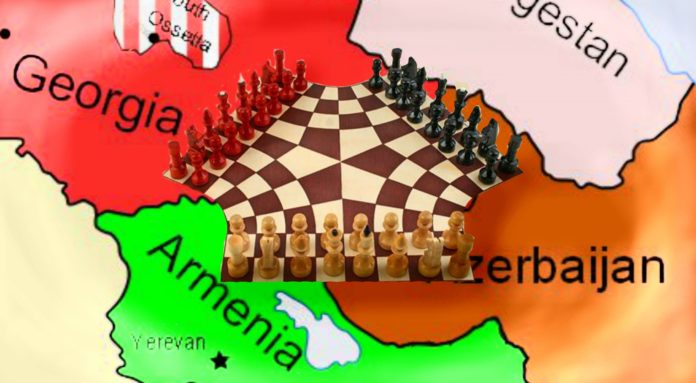When the Soviet Union collapsed, Armenia was not ready to formulate a coherent foreign policy as it lacked trained diplomats. But soon the ranks of the Foreign Affairs Ministry were filled with diplomats from the old Soviet schools and diaspora elements.
The foreign policy of any given country is developed by competent diplomats but foreign policy challenges play a major role in defining that policy.
The diasporan leadership and press sometimes have unrealistic expectations of Armenia’s diplomacy. More powerful factors may come to hurt Armenia’s foreign policy; like the Islamic Conference members that sometimes gang up on Armenia in the United Nations to pass resolutions favoring Azerbaijan. That setback is decried as a defeat for Armenia’s foreign policy, whereas the reason is a simple mathematical equation created by the large Islamic bloc votes. On the other hand, when Armenia’s diplomacy scores some gains in Latin America, such as Chile and Bolivia, that success is often ignored.
Any country’s foreign policy is not the only result of the resources it commends, such as oil and natural resources, strategic location and the value of that location for the major powers and military might. In the case of Armenia, there is the diaspora factor. The major powers which are endowed with military might sometimes are able to resolve diplomatic problems by the sheer threat of that might, without firing a single shot.
The diasporan potential may play the role of an extension of Armenia’s foreign policy when that diaspora is sufficiently empowered and politicized. Countries like Israel and India have powerful diasporas that take it upon themselves to resolve some diplomatic problems on behalf of their respective countries.
Armenians cannot conduct political advocacy or lobbying in all the countries of the world. Their opportunities are limited to the United States, Europe and Russia. As South American countries recover from military dictatorships, they provide the opportunity to minorities to play bigger political roles in those countries.








